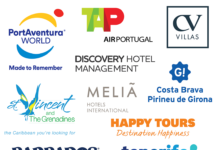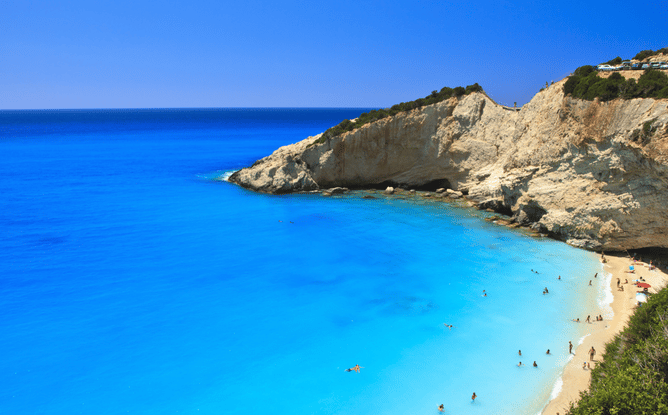
With the aim of encouraging travellers to visit and explore Greece in a way that benefits and enhances local communities and natural beauty, the Greek National Tourism Organisation has shared the Sustainable Greece platform which hosts a variety of inspirational stories from across the country to demonstrate how Greece is looking to embrace the challenges of the future through a sustainable transformation of its tourism sector. Here are some of Greece’s sustainable destinations to help inspire more environmentally friendly travel.
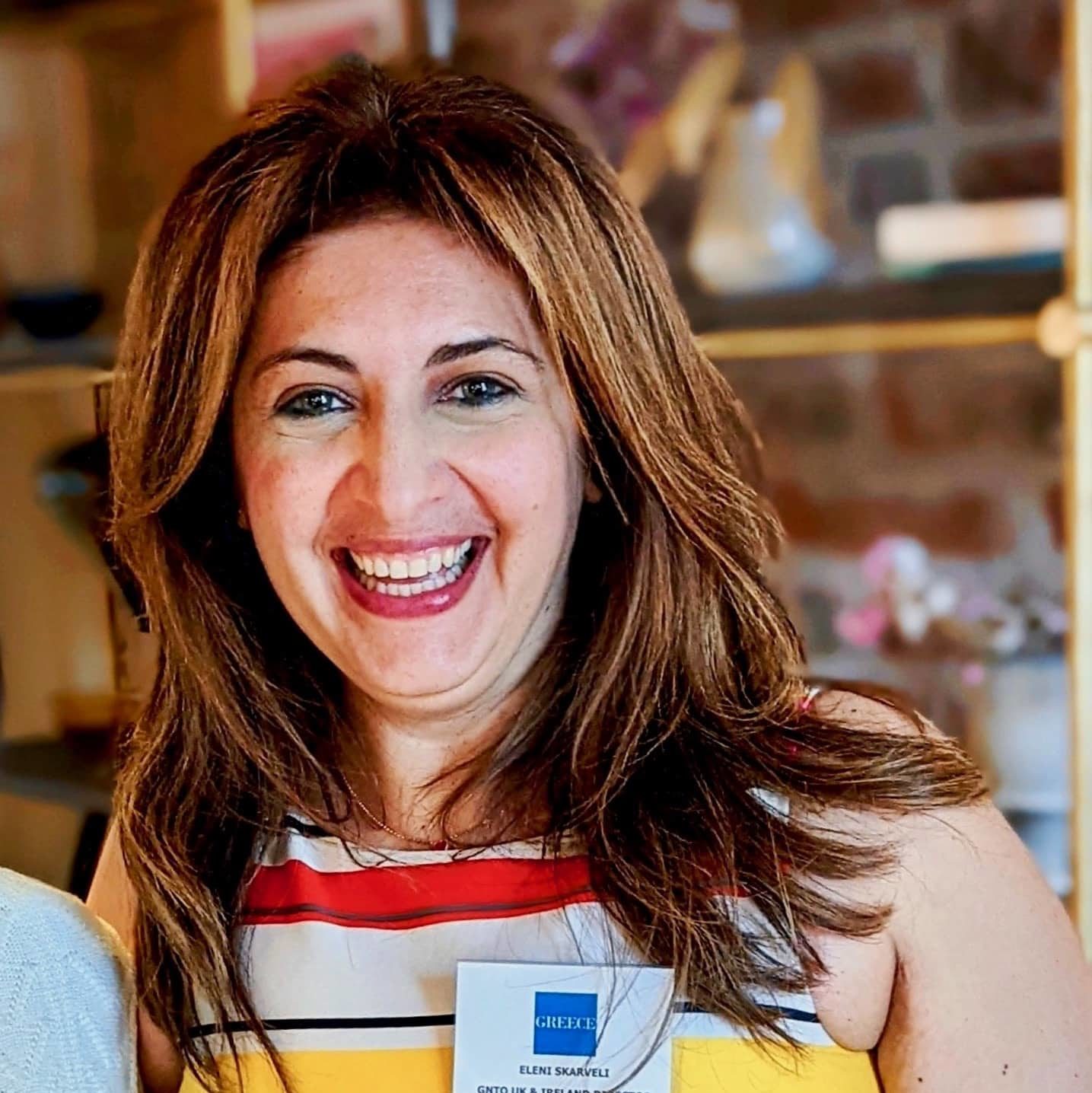

Here are some of Greece’s sustainable destinations
Folegandros
On the whitewashed, ethereal island of Folegandros nestled in the Aegean Sea, women are hard at work carrying on the legacy of their ancestors. Local women’s associations are taking inspiration from their Cycladic female idols of days gone by, who put in the graft to protect the beautiful place they call home, by taking steps to make the island plastic free as it once was. Here the motto is: small habits, big changes. And we couldn’t agree more. To kick off the plastic-free era, the Cyclades Preservation Fund held an online bazaar for the Cyclades’ savvy daughters, selling handcrafted garments, to raise funds to buy reusable plates, glasses and utensils, which were then donated to the 16 members of the Federation of Women’s Associations. These replaced the multitude of disposable plastic utensils commonly used at local shindigs. Training sessions are underway on Folegandros and her sister islands, to create community influencers and women are stepping up to be eco-ambassadors on the islands, raising awareness and creating a cultural shift to move away from disposable plastics. Find out more here.
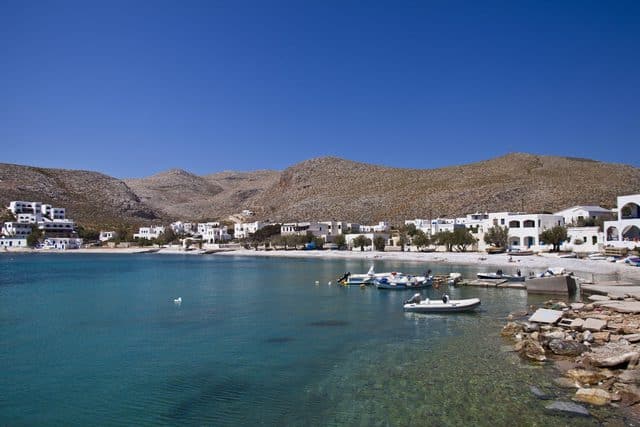
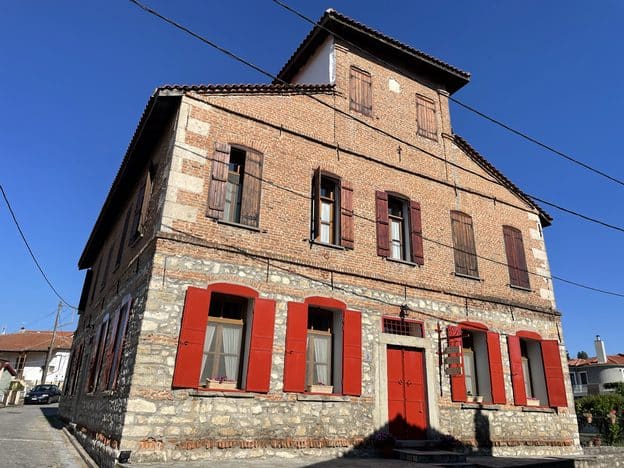
Soufli
The town of Soufli is preserving its tradition of silk weaving with The Silk Museum. Silk is woven into the fabric of the town (excuse the pun), as it was a major hub for silk production in Greece from the late 19th to the mid-20th century. The museum is housed in the Koutidis Mansion built in 1883, an important example of the region’s 19th century architecture.
The museum preserves the tradition of silk making and enables visitors to delve into the history of silk production in Greece. As well as preserving the ancient tradition, the museum has developed a programme for children shining light on sustainable practices. Children can weave their own small carpets using old fabrics and looms made from old gymnastics hoops.
If produced correctly and responsibly, silk can be a very sustainable fibre as it is biodegradable and uses less energy, water and chemicals than in the production of many other fabrics. A reason why it is so important to preserve the traditional silk-making process and educate travellers, locals and children alike, how best to create silk and weave sustainably. Check it out here.
Lefkas
The island of Lefkas is adding alien to the menu. Now, you might be picturing big-eyed green figures from outer space, but these aliens have fins, scales and claws.
A windsurfing utopia, Lefkas draws beach babes, salty surfers and adventurous travellers to its shimmering shores every summer. The sparkling ocean and rolling swells provide a playground for water sports but also a glorious home to a rich array of marine life.


However, climate change and human impact has meant invasive, non-native marine species have swum their way into the waters around the Ionian islands. Many are poisonous and kill native species which impacts both the marine life and local economy, which is reliant on tourism and sustainable fishing. Whilst they certainly have a place and purpose in their native waters, they are wreaking havoc in the local fish community.
Here enters ‘Pick the Alien’, a clever campaign from marine conservation organisation iSea which encourages local seafood markets, restaurants and shops to sell and consume the invasive fish.
The initiative gets fishermen, chefs, restaurateurs and shopkeepers around the table to hatch plans and create chains to get alien species on the menu and in homes. Diners can also do their bit over a long lunch by picking a dish supporting ocean conservation. Find out more at https://ionianenvironment.org/grants/pick-the-alien-in-the-ionian/
Their view is “Tasty fish for us, happier native fish in the waters – win, win!“


